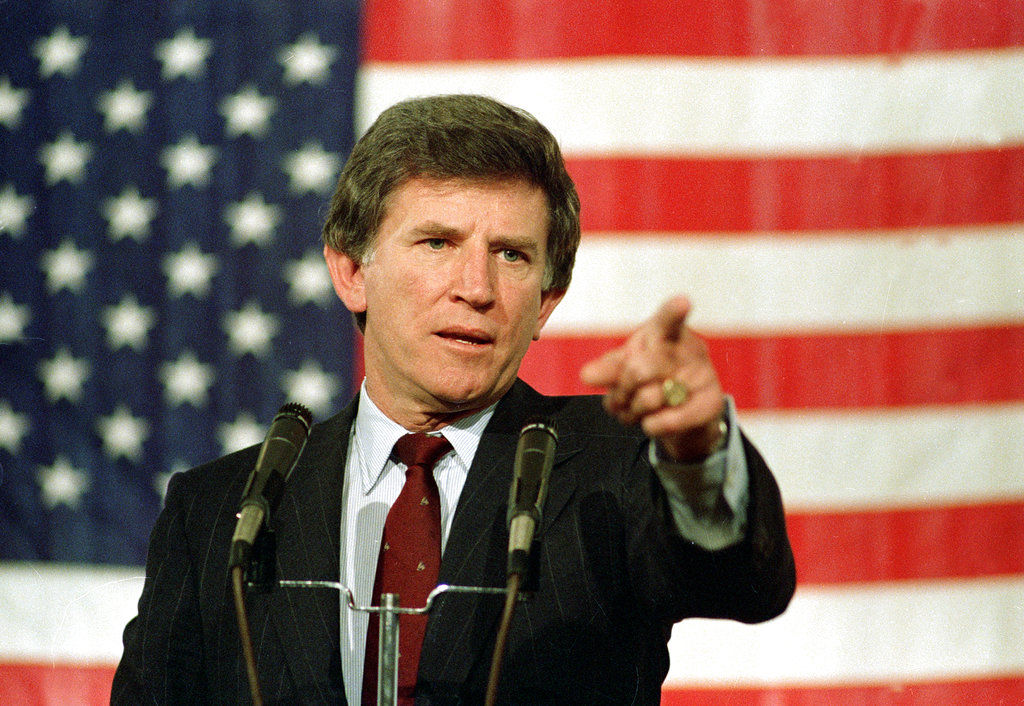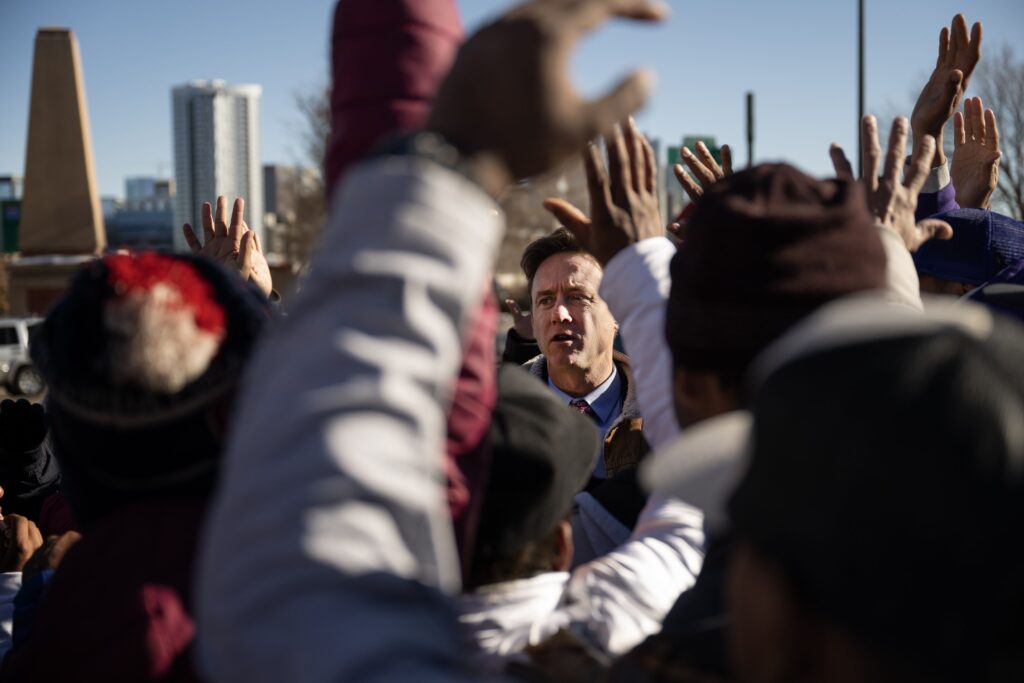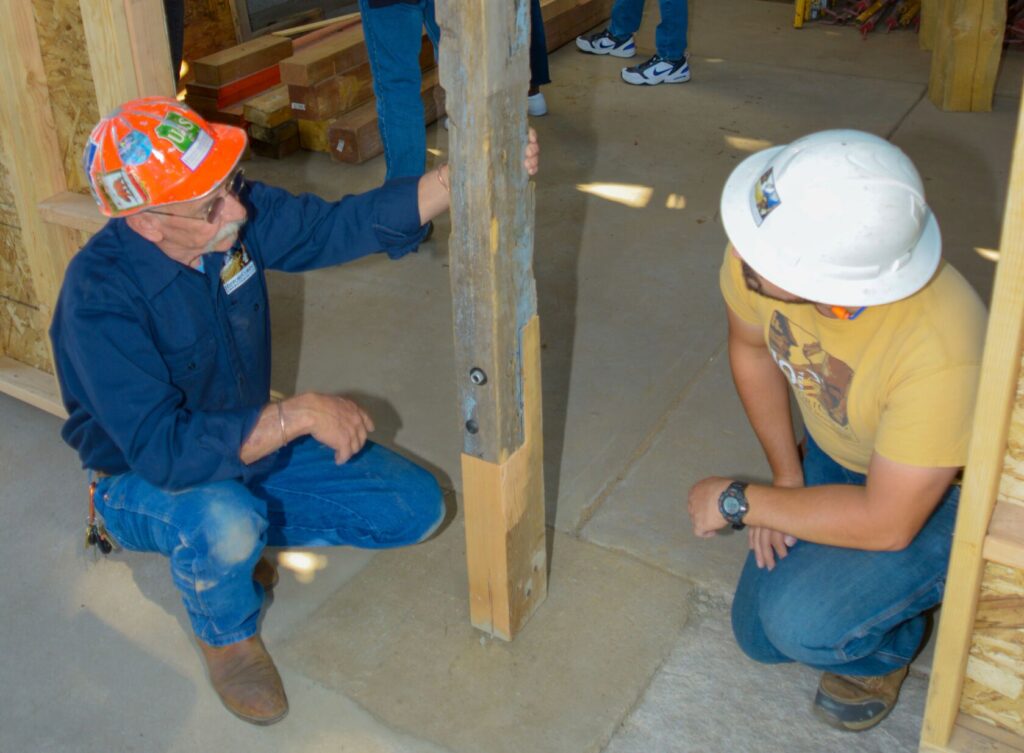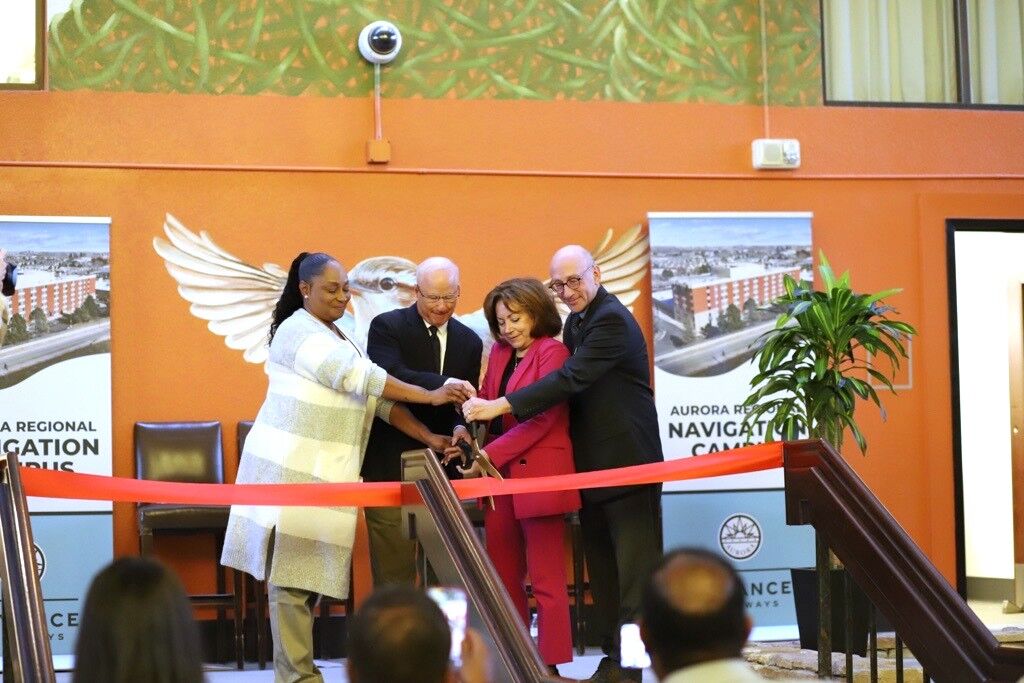A LOOK BACK | Buchanan campaign cries foul over ‘lost votes’

A weekly dive into the pages of Colorado Politics’ predecessor, The Colorado Statesman, which started in 1898:
Forty Years Ago This Week: There were “lost votes” in Arapahoe County – or at least that’s what U.S. Senate candidate Mary Estill Buchanan’s former campaign manager Curt Uhre alleged – this on the heels of what had already been a topsy-turvy race.
After the election several Buchanan campaign employees spoke to The Colorado Statesman to question why Sen. Gary Hart had won Denver by such a wide margin. A few wondered whether there might have been ballot issues.
Uhre told The Statesman that registration cards in Denver “may have been sent out to the wrong precincts” and that, over the previous few weeks, hundreds of complaints had poured in to the secretary of state’s office.
To bolster his claim of a poorly-run election, Uhre brought used 6,800 “lost” votes in Arapahoe County as an example. The unofficial results were published in the press before the official count was in and Buchanan had picked up an additional 6,800 votes, significantly narrowing the margin of Hart’s victory, which was just 19,206 votes out of 1,173,142 cast. Buchanan said she had also picked up another 50 votes in Prowers County and a few more in La Plata.
But Betty Chronic, SOS elections division chief, said it was highly unlikely that a recount would be necessary, but admitted that there had been problems.
“Yes, there was considerable mis-precincting. Yes, there was some confusion on voter registration books and yes, there have been complaints filed about the jammed phone lines into the Denver Election Commission,” Chronic said. “But there’s no way to figure out how many persons couldn’t vote because of the foul-up.”
Denver had a 90%- plus voter turnout which, according to Chronic, made it unlikely that “zillions of people” didn’t get to vote. Chronic concluded that the ‘non-voters’ could’ve worked for or against Buchanan.
“Most likely it could not have swung the election around either way,” Chronic said.
Words breeding confidence? Not so for the Estill Buchanan campaign.
Thirty Years Ago: In a move that had political consultants and “power-brokers” going absolutely mad, Mayor Federico Peña said that he felt it was time to “step down graciously and let the next generation of leaders take over.”
Just one week before, The Colorado Statesman carried an ad sponsored by dozens of community leaders urging Peña to run again for Denver mayor.
But with a few well-placed calls early on a Tuesday morning, the news leaked out and caught everyone off guard. Even Gov. Roy Romer didn’t hear Peña’s unwelcome news until mid-morning on Tuesday.
At the press conference, flanked by his wife Ellen and long-time advisers Kathy Archuleta and Tom Nussbaum, Peña highlighted what he said were many accomplishments made by his administration, chief of which was making city government open to more diverse groups of people than at any other time in Denver’s history.
Press Secretary Tom Gleason said, “We have set the standard. Those doors will never be closed.”
Peña decided, as one aide told The Statesman, “to become a human being.” After eight years of 60-hour work weeks and the prospect of added pressure to run another campaign, Peña was finished and leaving at what he felt was the height of his accomplishments.
No sooner had the noon press conference finished than politicos began earnestly theorizing on possible candidates. After heightened speculation, former city attorney Steve Kaplan had to publicly deny his interest in running.
According to those closest to District Attorney Norm Early, he was “seriously going to look at this. He’s counting noses and seeing if there’s any water in the pool before he jumps,” one source said.
Then, City Auditor Wellington Webb, who’d stated months previously that he wouldn’t run, issued a statement that he was “reassessing his position and making strategic phone calls to key elements of his potential constituency.”
Ending his press conference Peña said that in withdrawing he felt it was important that a successor be elected who would carry on the agenda and direction that he’d begun eight years ago. Peña also made it clear that he would throw his support to someone-but only after the dust had settled.
Rachael Wright is the author of the Captain Savva Mystery series, with degrees in Political Science and History from Colorado Mesa University, and is a contributing writer to Colorado Politics and the Colorado Springs Gazette.













